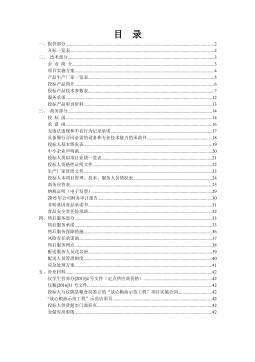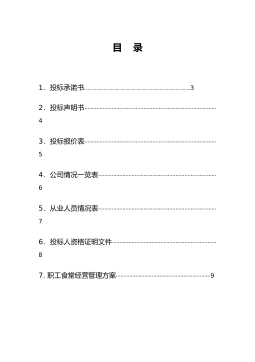民营企业履行员工社会责任问题研究
摘要“企业社会责任”的概念最先产生于西方发达国家。1984年弗里曼正式提出利益相关者理论,将企业社会责任概括为企业对股东、员工、投资者、消费者、社区、环境等一个整体利益的考虑,而不单单只对股东负责。自利益相关者理论提出后,国内外学者才正式开始企业对员工社会责任方面的研究。改革开放以来,民营经济克服了基础薄弱和先天不足等劣势,成为国民经济的重要组成部分。虽然民营企业在承担员工社会责任方面取得了一定的成就,但不可否认,由于社会和经济发展阶段的特点,一些地区和行业安全事故不断,在我国沿海地区经常发生群体性劳动争议事件,如2010年从沿海到内陆部分城镇出现较为突出的“民工荒”现象,2012年浙江永康4...
相关推荐
-
公务员思想政治教育研究VIP免费
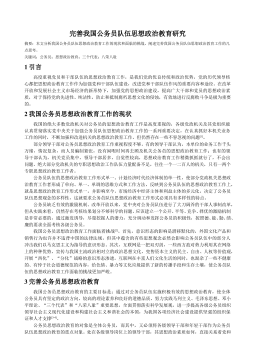
 2024-10-15 59
2024-10-15 59 -
在线社会网络中用户行为的实证分析与机制建模研究VIP免费
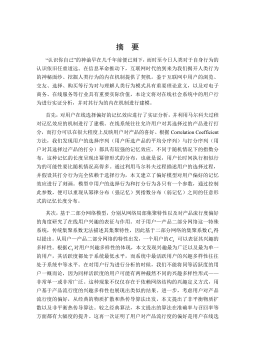
 2025-01-09 12
2025-01-09 12 -
智能优化方法对神经网络的改进及应用研究VIP免费
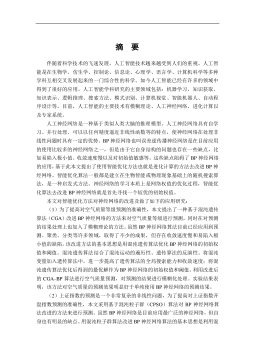
 2025-01-09 16
2025-01-09 16 -
鲜切哈密瓜保鲜技术研究VIP免费
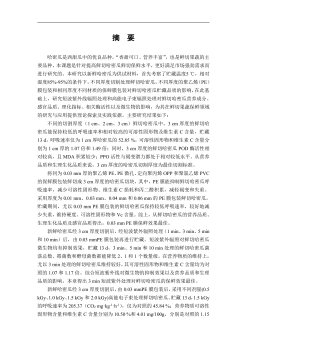
 2025-01-09 29
2025-01-09 29 -
小城镇道路网级配方法及应用研究VIP免费
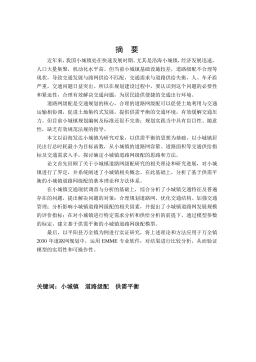
 2025-01-09 14
2025-01-09 14 -
医学信息集成测试系统的研究与实现VIP免费
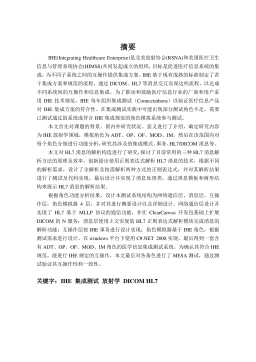
 2025-01-09 18
2025-01-09 18 -
余热驱动氨水吸收式制冷系统的理论及实验研究VIP免费
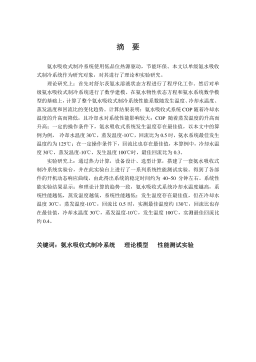
 2025-01-09 11
2025-01-09 11 -
喷雾降温技术适用性及热环境研究VIP免费
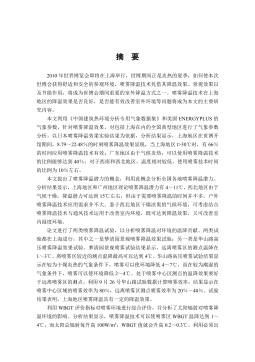
 2025-01-09 13
2025-01-09 13 -
收缩—扩张喷嘴的气泡雾化数值模拟VIP免费
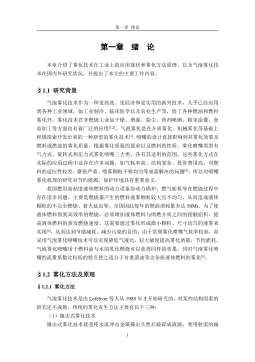
 2025-01-09 24
2025-01-09 24 -
支持供应链的工作流系统结构及其计划与调度的研究与应用VIP免费
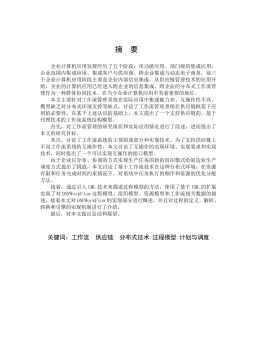
 2025-01-09 43
2025-01-09 43
相关内容
-

医学信息集成测试系统的研究与实现
分类:高等教育资料
时间:2025-01-09
标签:无
格式:PDF
价格:15 积分
-

余热驱动氨水吸收式制冷系统的理论及实验研究
分类:高等教育资料
时间:2025-01-09
标签:无
格式:PDF
价格:15 积分
-

喷雾降温技术适用性及热环境研究
分类:高等教育资料
时间:2025-01-09
标签:无
格式:PDF
价格:15 积分
-

收缩—扩张喷嘴的气泡雾化数值模拟
分类:高等教育资料
时间:2025-01-09
标签:无
格式:PDF
价格:15 积分
-

支持供应链的工作流系统结构及其计划与调度的研究与应用
分类:高等教育资料
时间:2025-01-09
标签:无
格式:PDF
价格:15 积分


